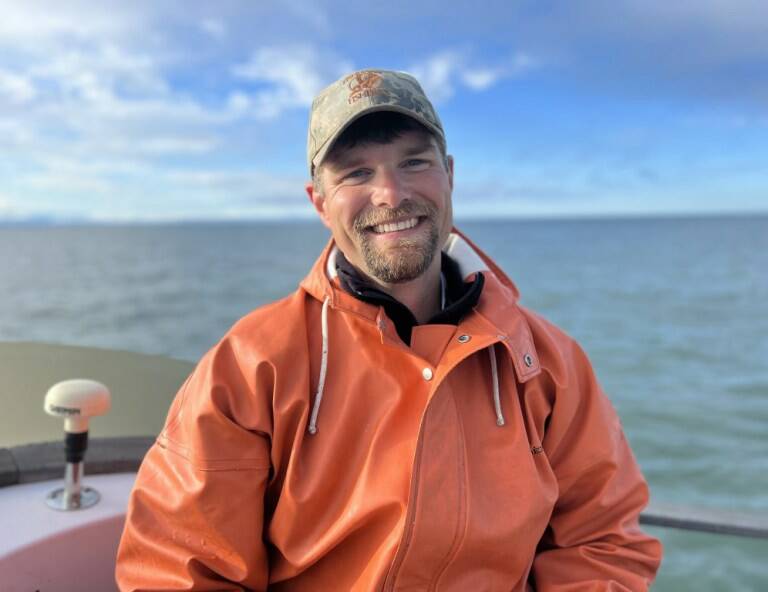While residents from across the state are cheering the approval of the Willow Project on Alaska’s North Slope, there is another important issue on the horizon that Alaskans from all walks of life should be prepared to rally behind. This issue — which has the potential to undermine the very foundation of our state — is the ongoing attempt by federal agencies to usurp Alaska’s long-established authority to manage fish and wildlife on lands within Alaska’s borders.
In the latest power grab by D.C.-based land managers, the National Park Service is targeting Alaska’s wildlife management practices on preserves. In January, NPS unveiled a proposed rule prohibiting select hunting practices and management techniques on more than 20 million acres of national preserve lands in Alaska. This rule was created without consultation with the State of Alaska or affected stakeholders. It directly oversteps management authority guaranteed in the Statehood Act and reaffirmed by Congress in 1980 with the passage of the Alaska National Interest Lands Conservation Act.
This is not the only recent action to limit the state’s ability to sustainably manage wildlife. In 2015, U.S. Fish and Wildlife Service challenged Alaska’s management authority on federal refuge lands. Alaskans collectively responded — urban and rural, Republicans, Democrats and Independents — to defend Alaska’s management authority.
These actions of federal overreach, which wiped out lawful state authority over millions of acres of land, were challenged in court with robust public comment and later restored through the collective work of Alaska’s congressional delegation. Congress took action, passing legislation to invalidate the rule, however, FWS continued to enforce a lawless ban on the use of bait to hunt brown bears on the Kenai National Wildlife Refuge.
The State of Alaska and conservation groups challenged these actions in court, but a U.S. District Court judge and the Ninth Circuit Court of Appeals upheld the decision in 2020, which granted almost limitless power over Alaska’s wildlife refuges to the federal government, even though the Alaska Statehood Compact gives the state authority to manage its own game animals. Just last month, the Supreme Court declined to hear the appeal — effectively overturning years of rules-based precedent for state management.
So what does this mean to the average Alaskan? We understand that hunting is not only a means for filling the freezer, it is an essential part of our culture and heritage. The right to manage our wildlife resources was a critical component in the debate for statehood. Are we to return to the territorial days where geographically and culturally disconnected federal bureaucrats make decisions based on emotion rather than science?
We fought for and won state management authority in 1959 and now we must protect that right. If we allow federal agencies like the National Park Service and the U.S. Fish and Wildlife Service to undermine our ability to manage our resources under a comprehensive management framework, there is no telling where they will stop.
As an Alaskan by choice, I planted my roots deep in the Kenai Peninsula. I am proud to pass along the hunting tradition to the next generation, and I will defend Alaska’s sovereignty and ability to manage wildlife on all lands within the state’s borders. For this reason, I joined an overwhelming majority of state legislators in supporting HJR 10, “Disapproving the proposed rule by the National Park Service limiting non-subsistence hunting methods; and urging the National Park Service to withdraw the rule.”
Lawmakers from all backgrounds and political affiliations stood united to challenge the Fed’s misguided overreach and affirm our longstanding management authority. These efforts stand in unity with Alaska’s governor, the Department of Law, the Department of Fish and Game, and our unified congressional delegation.
Federal overreach against our state, our hunting heritage, and our access to public lands requires a unified response from a unified group of Alaskans. Regardless of your background, geographic location, or political affiliation, we cannot let the federal government erode our rights year after year. It is essential we advocate for the rights granted to us upon statehood, and I humbly ask that you stand with me on this most important issue.
Sen. Jesse Bjorkman represents the Kenai Peninsula (Senate District D) in the Alaska State Senate.

